24/7 Helpline:
(866) 899-221924/7 Helpline:
(866) 899-2219
Learn more about Partial Hospitalization Program centers in Union County

Other Insurance Options

United Health Care

Evernorth

Private insurance

BlueCross

Magellan

Humana

EmblemHealth

Amerigroup

Molina Healthcare

UnitedHealth Group

CareSource

Regence

Premera

Providence

Access to Recovery (ATR) Voucher

Kaiser Permanente

Lucent

Sutter

Health Net

Oxford

Center for Human Development
Center for Human Development is a private rehab located in La Grande, Oregon. Center for Human Devel...

Jonathan M. Wainwright Memorial VA Medical Center – La Grande VA Community Based Outpatient Clinic
Jonathan M. Wainwright Memorial VA Medical Center - La Grande VA Community Based Outpatient Clinic p...

















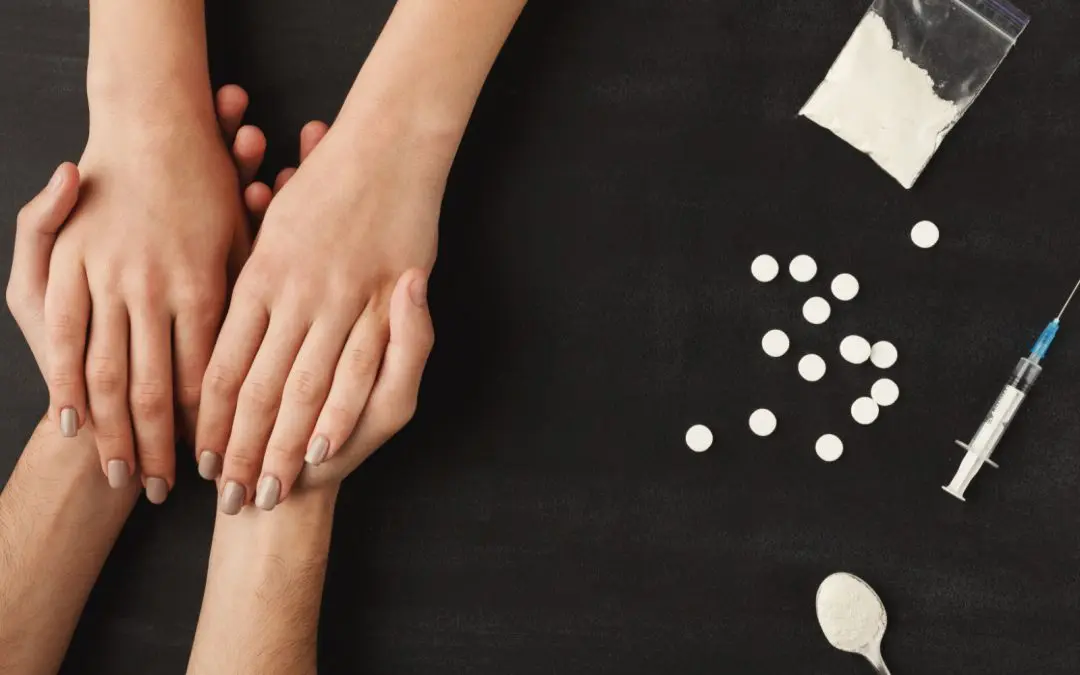


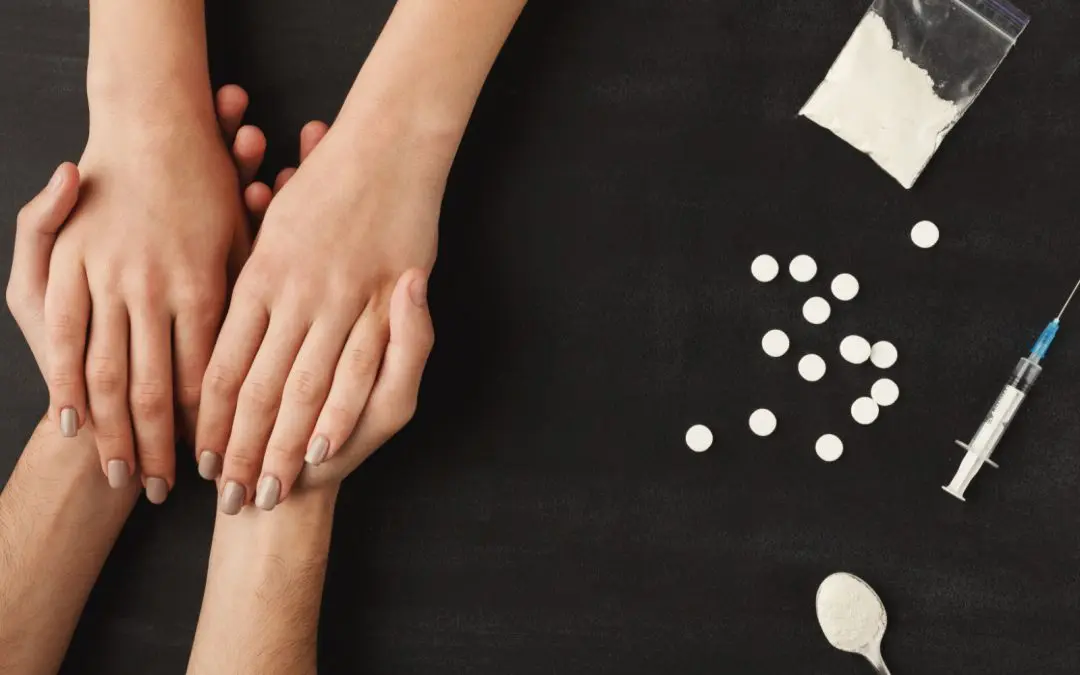











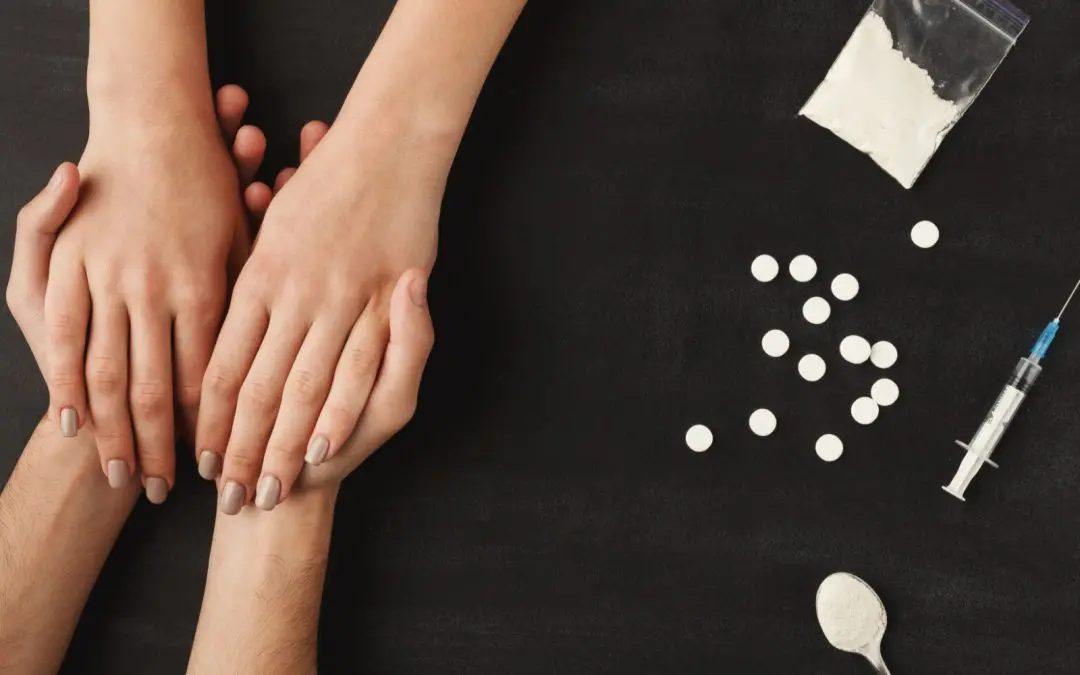










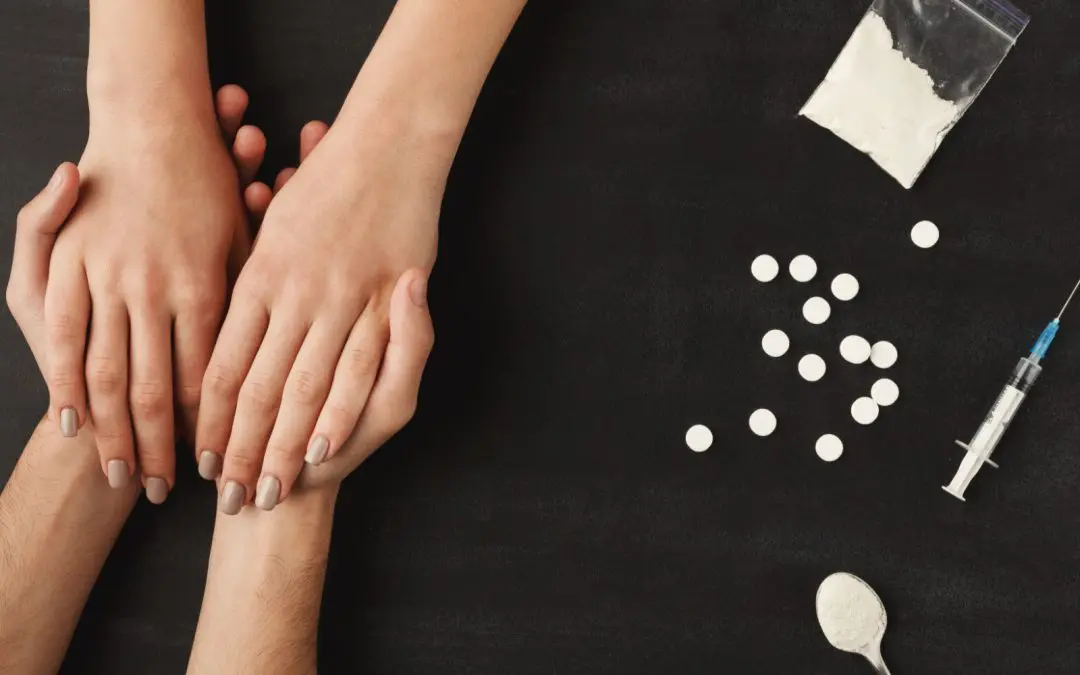













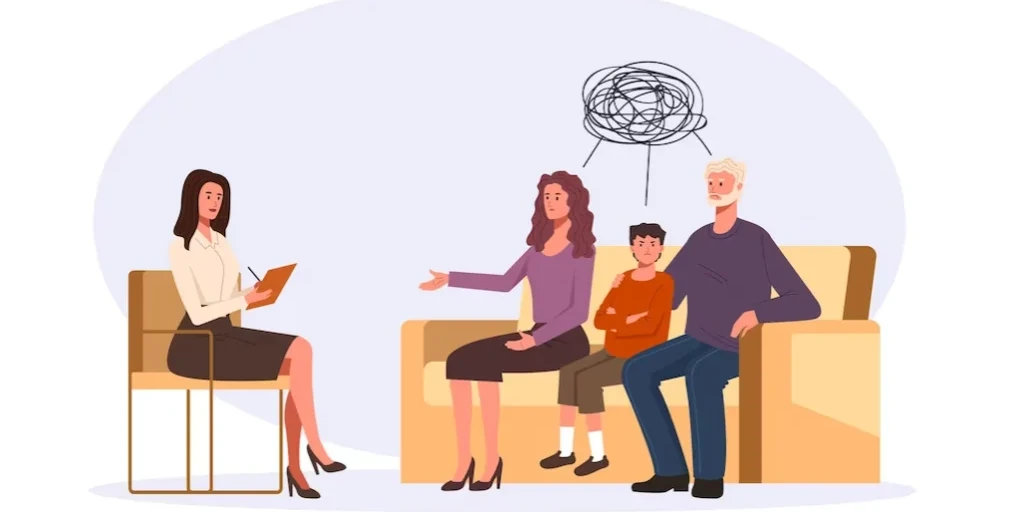






















Heart Steps Counseling Services
Heart Steps Counseling Services is a private rehab located in La Grande, Oregon. Heart Steps Counsel...

Grande Ronde Recovery
Grande Ronde Recovery is a private rehab located in La Grande, Oregon. Grande Ronde Recovery special...


















